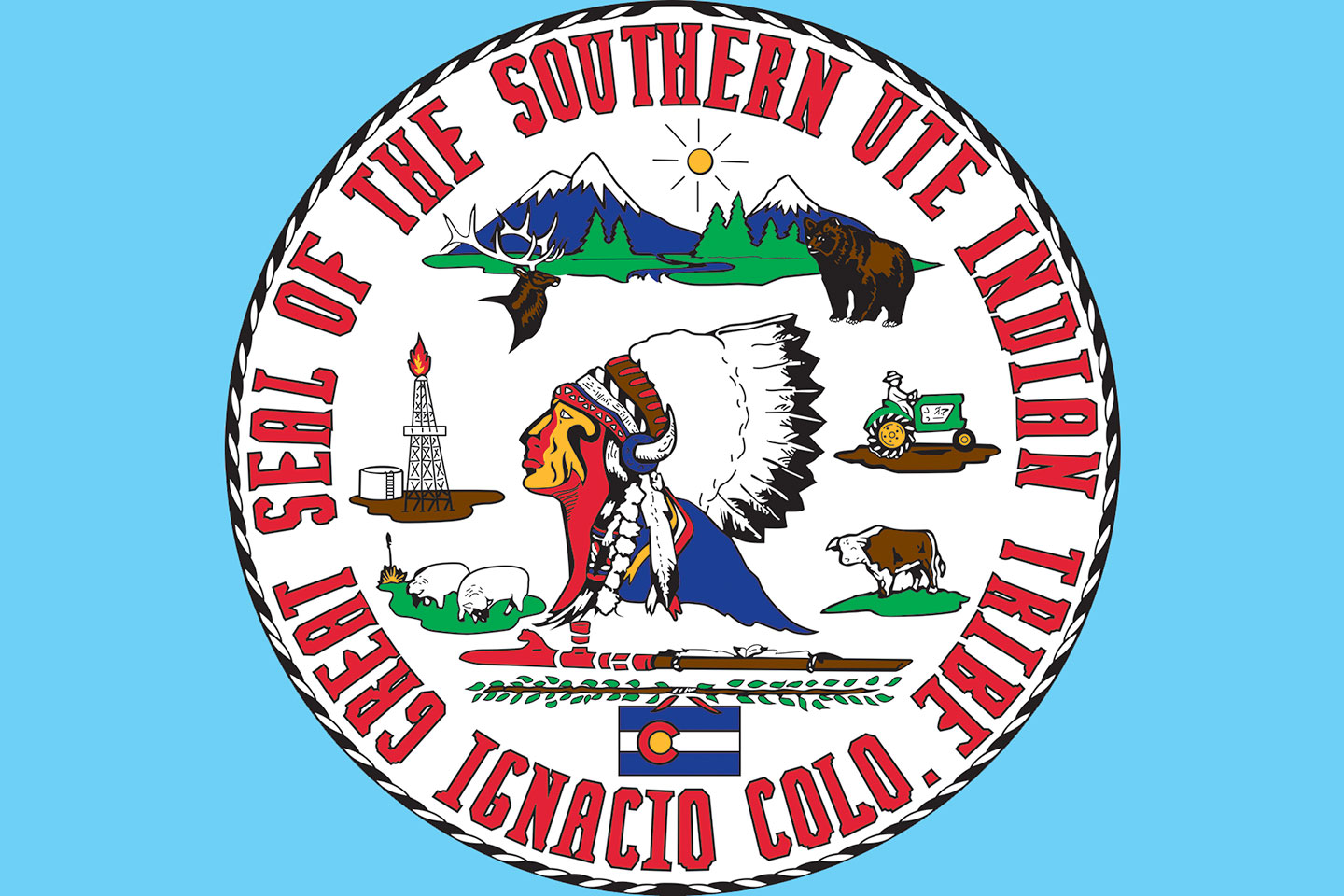If you have a Tribal Code Book, you may have noticed an uptick in the number of revised codes you’ve been receiving. The Southern Ute Tribal Council intends for that trend to continue. In 2017, Tribal Council adopted a resolution establishing an annual legislative session. The legislative session is a process for ensuring that the Tribal Council is devoting time and resources to updating and enacting tribal codes every year. Under the Legislative Session process, Tribal Council will designate a certain number of codes for revision each year, establish teams for revising the codes, schedule significant work session time to review the codes, and review and address tribal member comments.
In 2018, Tribal Council asked teams to work on the Land Code, TERO Code, Leasing Code, Gaming Code, Criminal Code, Traffic Code, Tribal Environmental Review Policy, and Disenrollment Ordinance. Of those, the BIA has approved the Land Code, Gaming Code, and Traffic Code. The BIA is currently reviewing the TERO Code and the Criminal Code, the comment period on the Tribal Environmental Review Policy and Leasing Code just ended, and the Disenrollment Ordinance is out for tribal member comment. Work on those codes will continue until they are approved by the BIA, which is the last step in the process before implementation.
For 2019, Tribal Council prioritized the Election Code, Criminal Procedure Code, Protective Custody Code, and Liquor Code. If time allows, work will begin on a Building Code and the Domestic Relations Code.
In order to ensure tribal member input, Tribal Council will send the draft codes to the membership each August and will schedule informational meetings when needed. In addition, Tribal Council is looking for tribal members who are willing to serve on the code revision committees.
The annual Legislative Session follows this process:
- Dec.: Tribal Council identifies up to three code priorities for the following year, forms committees, and directs staff.
- Jan. – May: Committees draft revisions to identified codes.
- June – July: Tribal Council legislative session
- Aug.: Tribal member thirty-day comment period
- Sep.: Committee reviews comments from tribal membership and incorporates where appropriate.
- Oct.: Tribal Council review
- Nov.: Tribal Council approval
- Nov./Dec.: BIA review and approval

